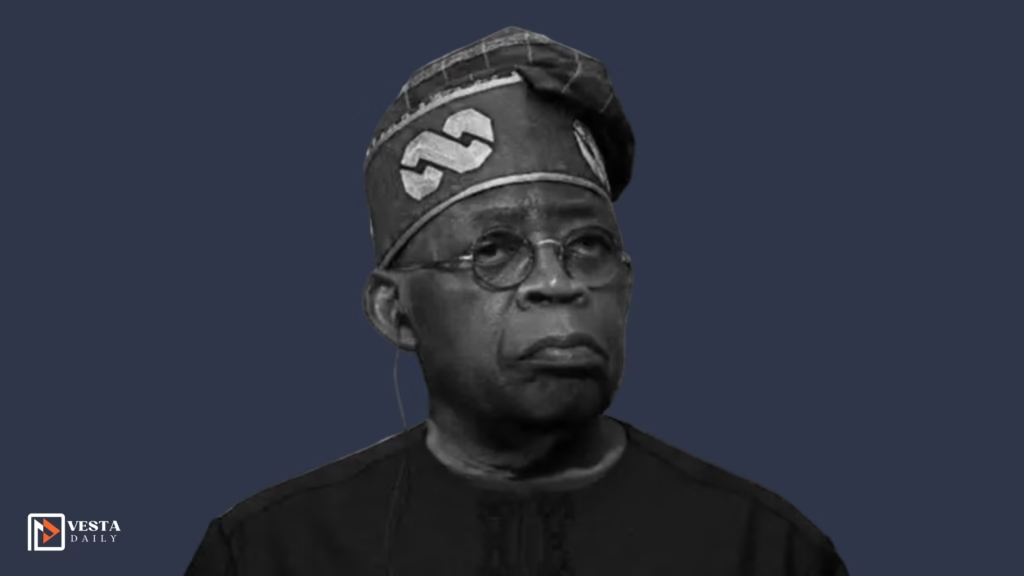President Bola Ahmed Tinubu’s administration has been dragged before the Community Court of Justice of the Economic Community of West African States (ECOWAS Court) in Abuja, challenging the constitutionality of the recently declared state of emergency in Rivers State. This landmark case questions the federal government’s authority to suspend democratically elected officials and has significant implications for Nigeria’s federal structure and democratic governance.
Legal Challenge Against Federal Government Intervention
According to court documents dated March 20, 2025, and marked ECW/CCJ/APP/18/25, a group of plaintiffs has formally challenged the Nigerian government’s recent actions in Rivers State. Harry Ibiso and 11 other applicants, representing themselves and the Eastern Zone of the Ijaw Youth Council, have petitioned the regional court to intervene in what they describe as an unconstitutional federal overreach.
The plaintiffs are seeking a definitive court order to “set aside and/or quash the suspension of elected officials and removal of the democratic structures and institutions in Rivers State as an imperative for the enthronement of a full-fledged democratic order.”
Core Legal Arguments Presented
In their detailed application to the ECOWAS Court, the plaintiffs presented several key arguments challenging the legality of the federal government’s actions:
- They contend that President Tinubu, though democratically elected himself, lacks the constitutional powers to remove or suspend a state governor who was similarly elected by popular vote.
- The applicants argue that by removing Governor Siminalayi Fubara, Deputy Governor Ngozi Odu, and members of the Rivers State House of Assembly, the federal government has violated the fundamental rights of Rivers State citizens.
- They maintain that the declaration of emergency “cannot be a guise or subterfuge for the usurpation of the executive functions of the governor or the exercise of the lawmaking powers of the legislature.”
The affidavit supporting these claims was filed by constitutional lawyer Festus Ogwuche and others, highlighting the significant legal expertise behind this challenge.
Challenging the Sole Administrator’s Authority
A particular focus of the lawsuit is the role of retired Vice Admiral Ibokette Ibas, who was appointed as Sole Administrator of Rivers State by President Tinubu on March 18, 2025. The plaintiffs are specifically requesting:
“An order of court setting aside all decisions, actions, policies, and directives given or issued by the Sole Administrator, retired Vice Admiral Ibokette Ibas, appointed by the respondent’s president on March 18.”
This challenge directly questions the legitimacy of the administrator’s authority and, by extension, all actions taken under his direction since assuming office on Thursday.
Broader Constitutional and Democratic Implications
Democratic Rights and Representation
According to the plaintiffs, the federal intervention has effectively disenfranchised the citizens of Rivers State:
“By so doing, the defendant has unlawfully taken away the democratic rights of the applicants and that of the population of Rivers State, both individually and collectively.”
The application further argues that these actions have profound implications for the dignity and political existence of Rivers State citizens, who have been “politically emasculated by the loss of the values that accompany democratic governance and deprived of leaders duly elected by them in the democratic space.”
This argument aligns with principles outlined by the Centre for Democracy and Development, which emphasizes the sanctity of electoral mandates in democratic systems.
Federal-State Relations in Nigeria’s Democracy
This case highlights the ongoing tension in Nigeria’s federal system regarding the boundaries of federal authority over state governments. According to experts at the Nigerian Institute of Advanced Legal Studies, the Nigerian constitution establishes a delicate balance of power between federal and state governments that continues to evolve through judicial interpretation.
The Policy and Legal Advocacy Centre notes that this case could set important precedents regarding the constitutional provisions for declaring emergencies in states and the limits of federal intervention in state affairs.
Timeline of the Rivers State Crisis
Presidential Declaration and Legislative Approval
The legal challenge follows a rapid series of events that transformed governance in Rivers State:
- Tuesday, March 18, 2025: President Tinubu declared a state of emergency in Rivers State
- Thursday, March 20, 2025: The National Assembly approved the declaration despite significant opposition
- Thursday, March 20, 2025: Vice Admiral Ibas assumed office as Sole Administrator
The Centre for Constitutional Rights has highlighted how the swift implementation of these measures raises questions about due process and constitutional safeguards in emergency situations.
Awaiting Judicial Review
The ECOWAS Court has yet to fix a date for hearing this matter. As an international judicial body established to ensure member states’ adherence to community law and principles, the court’s decision will have far-reaching implications not only for Nigeria but potentially for democratic governance throughout the West African region.
Legal scholars from the African Bar Association suggest that the court’s ruling could significantly influence the understanding of constitutional emergency powers across the continent.
Conclusion
This unprecedented legal challenge before the ECOWAS Court represents a critical test of Nigeria’s constitutional democracy and the limits of executive power. The outcome will likely shape federal-state relations and emergency powers jurisprudence for years to come.
As Rivers State remains under the administration of Vice Admiral Ibas, citizens and observers alike await the court’s determination of whether the federal government’s intervention constitutes a legitimate exercise of emergency powers or an unconstitutional suspension of democratic governance.
Take Action
For those interested in constitutional democracy and federal-state relations in Nigeria, several avenues exist for engagement:
- Follow updates on this case through the ECOWAS Court’s official channels
- Support civil society organizations monitoring democratic governance, such as the Civil Society Legislative Advocacy Centre
- Join public discussions on constitutional reforms needed to clarify emergency powers and federal-state relationships



